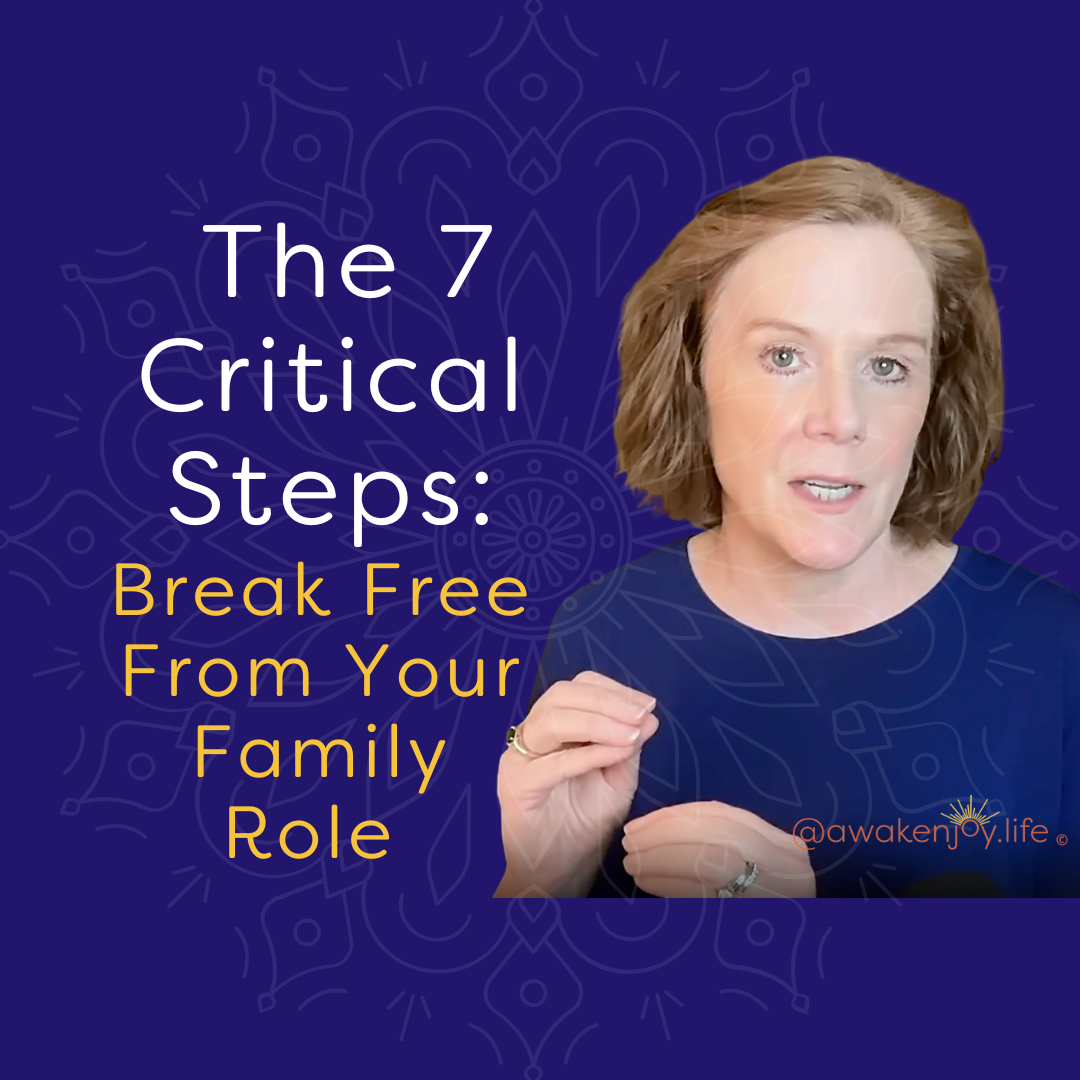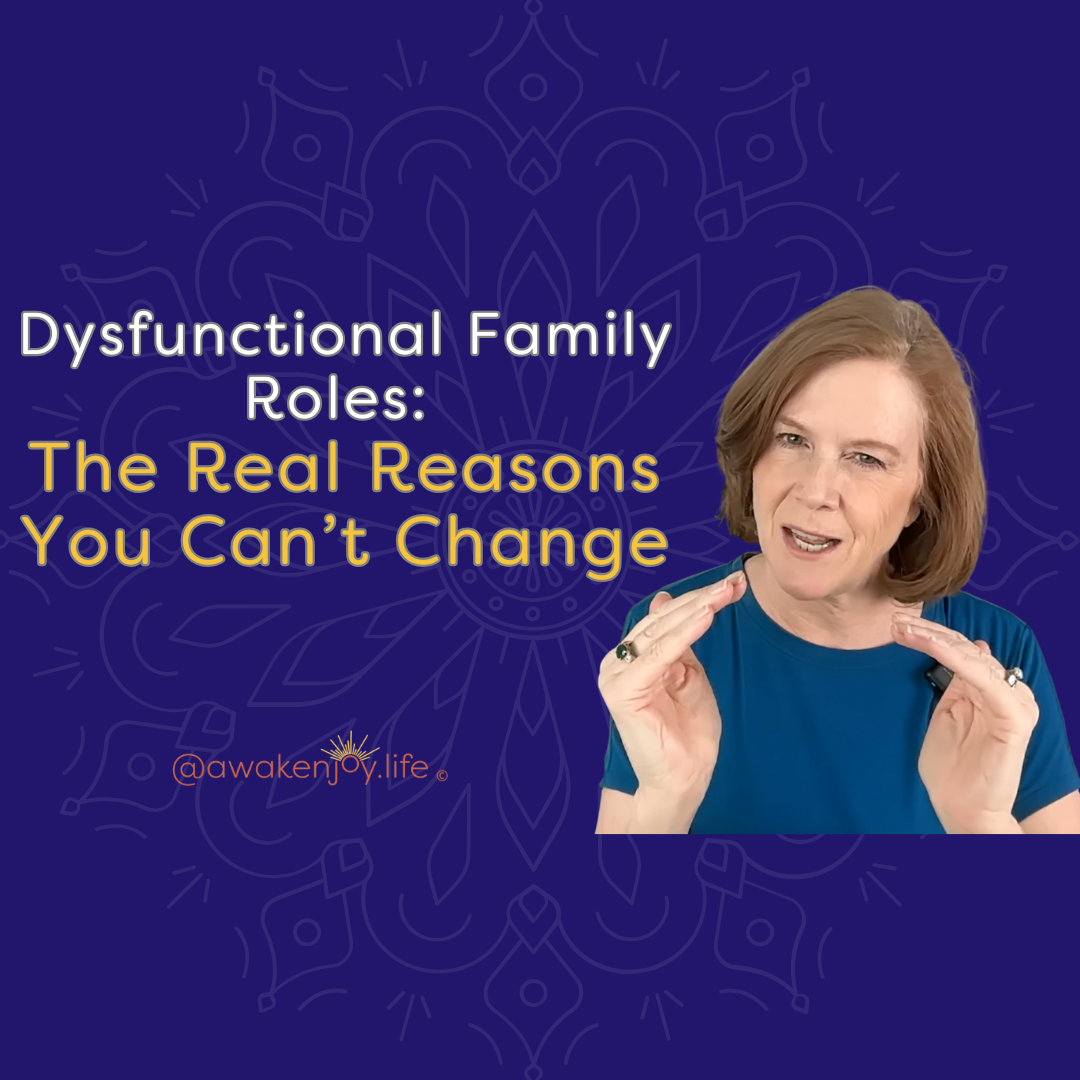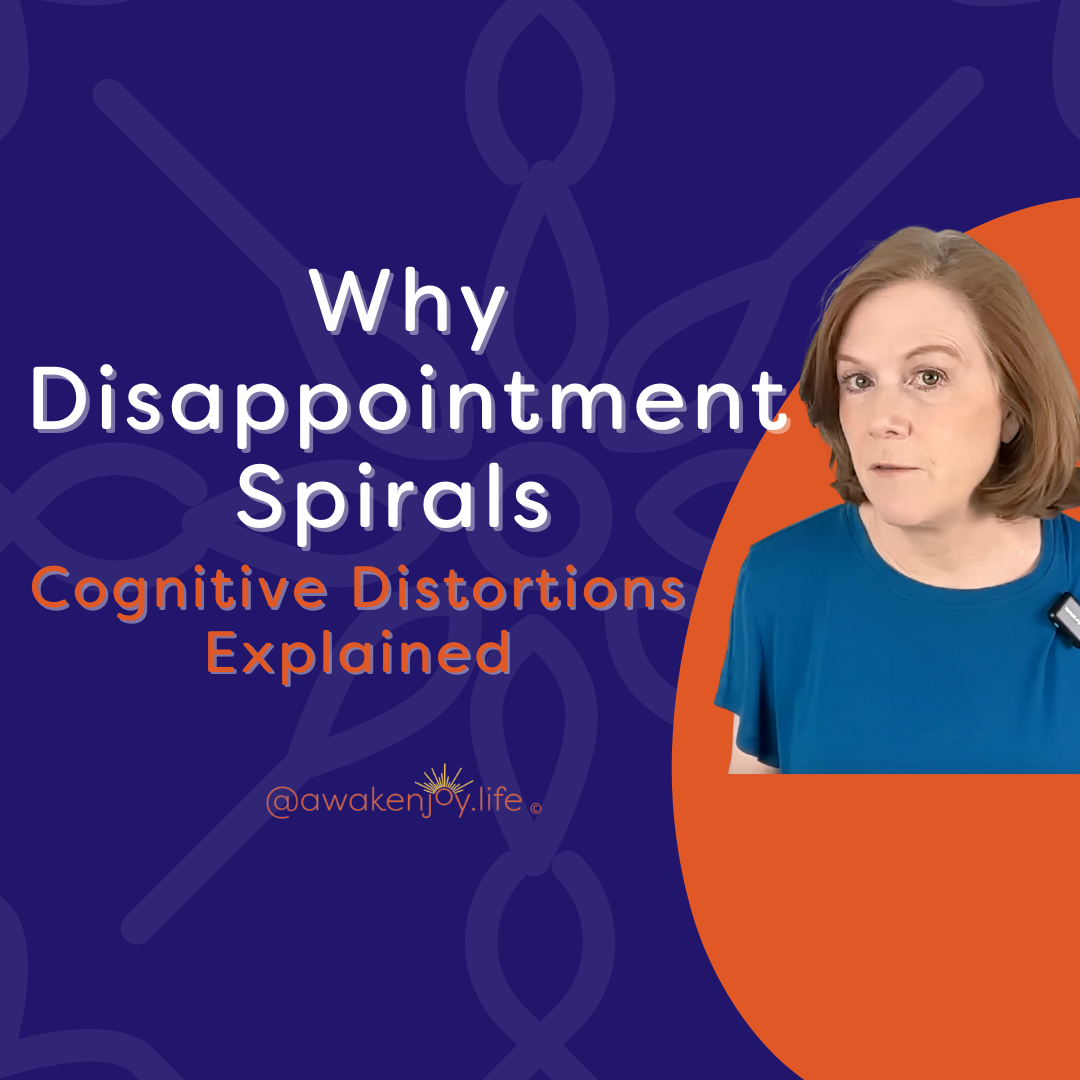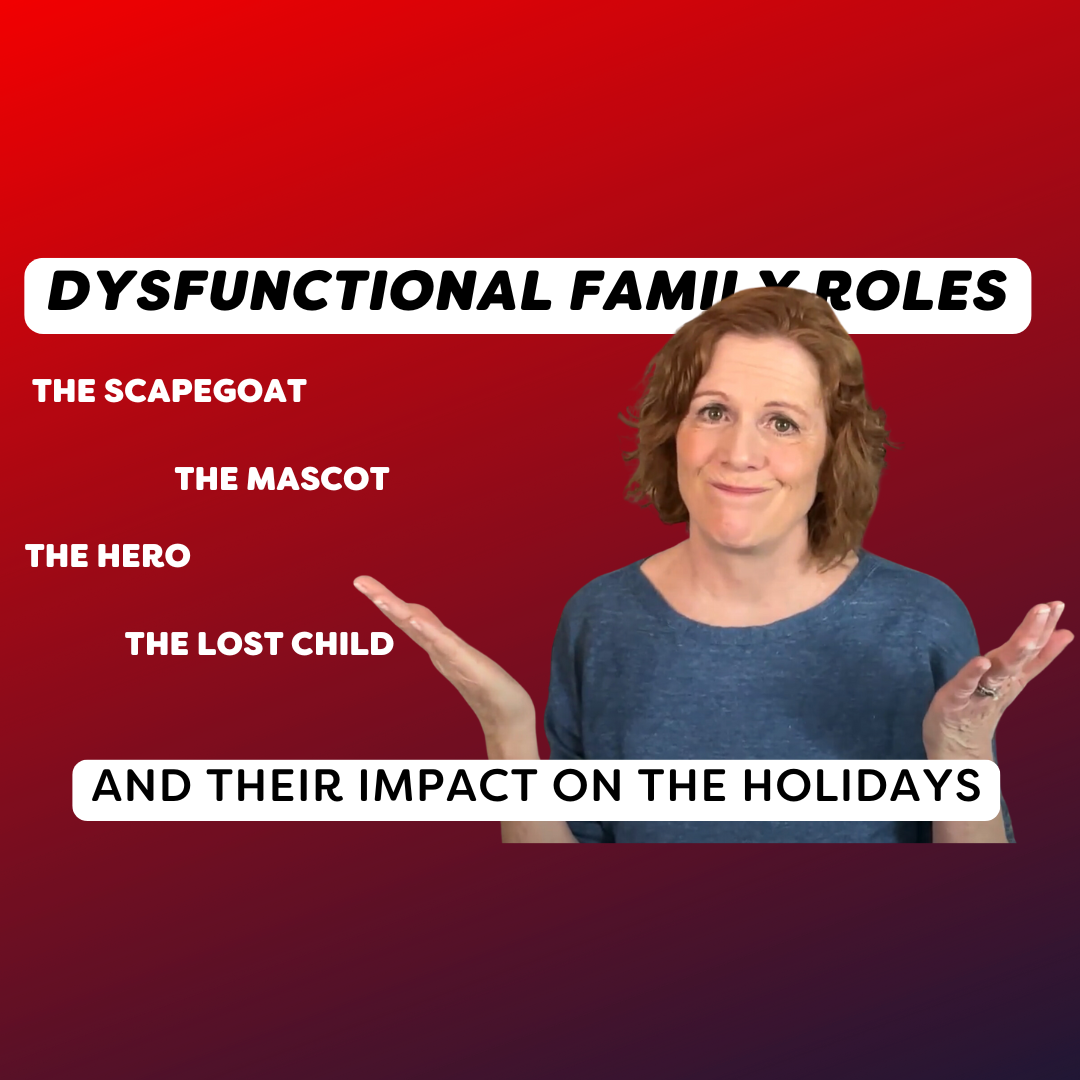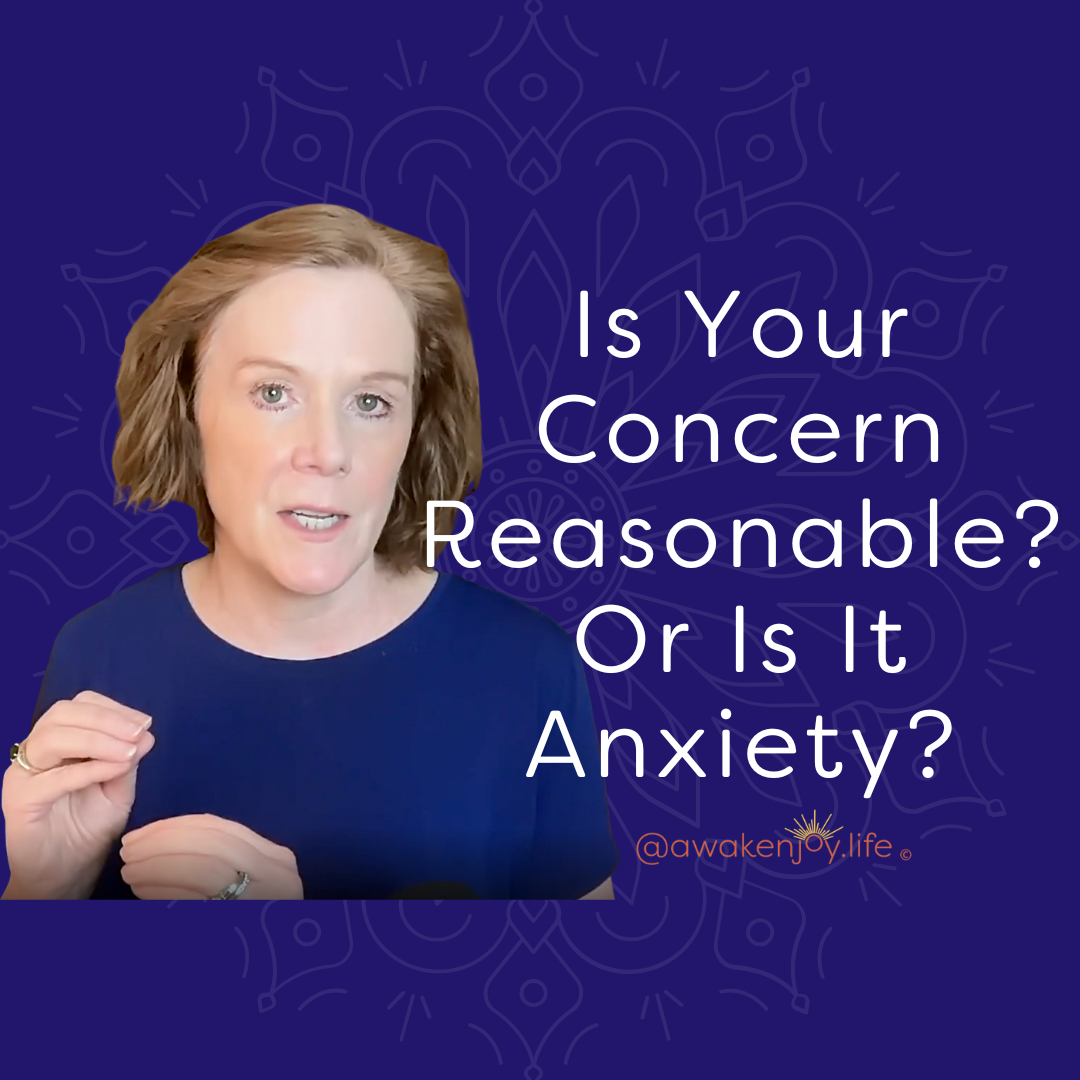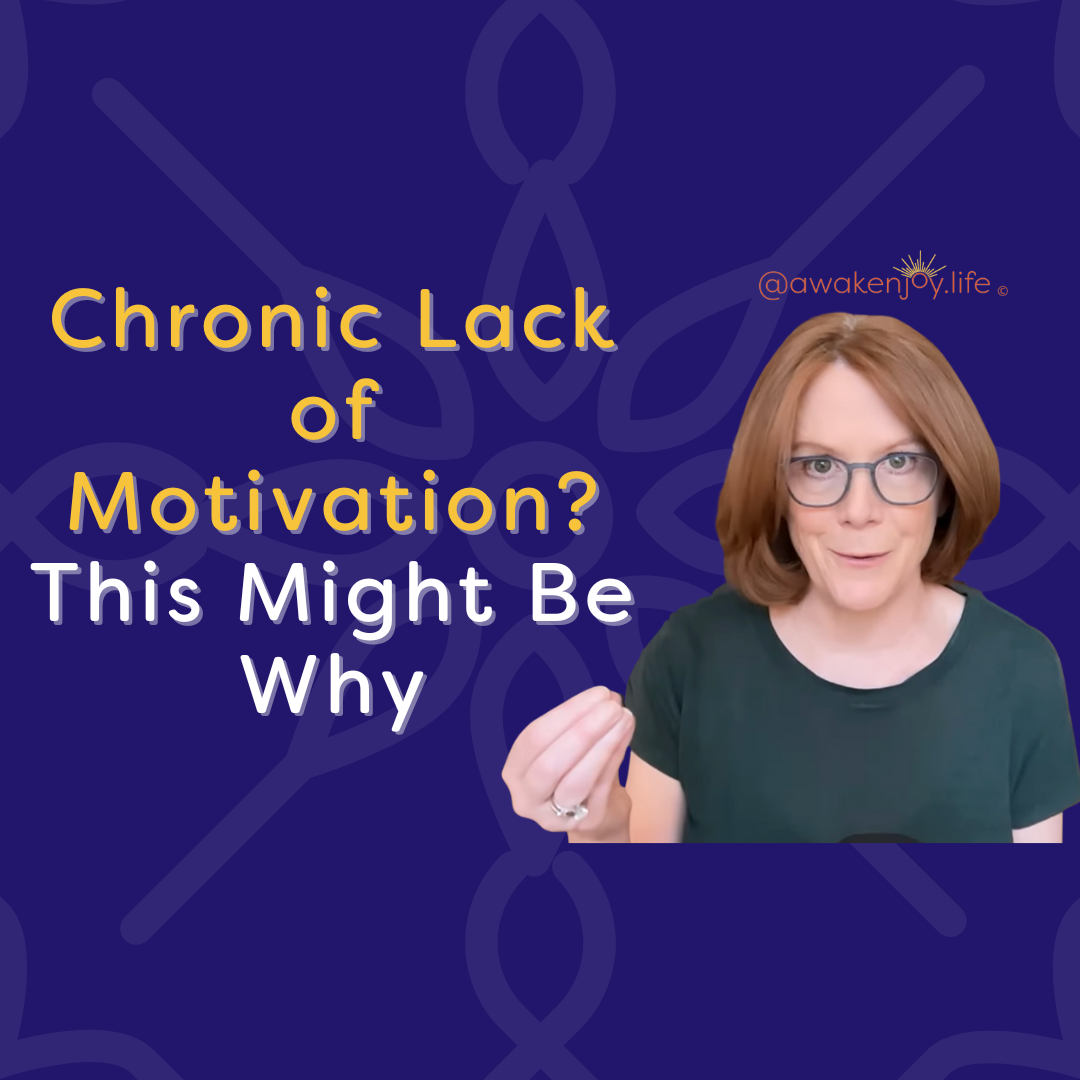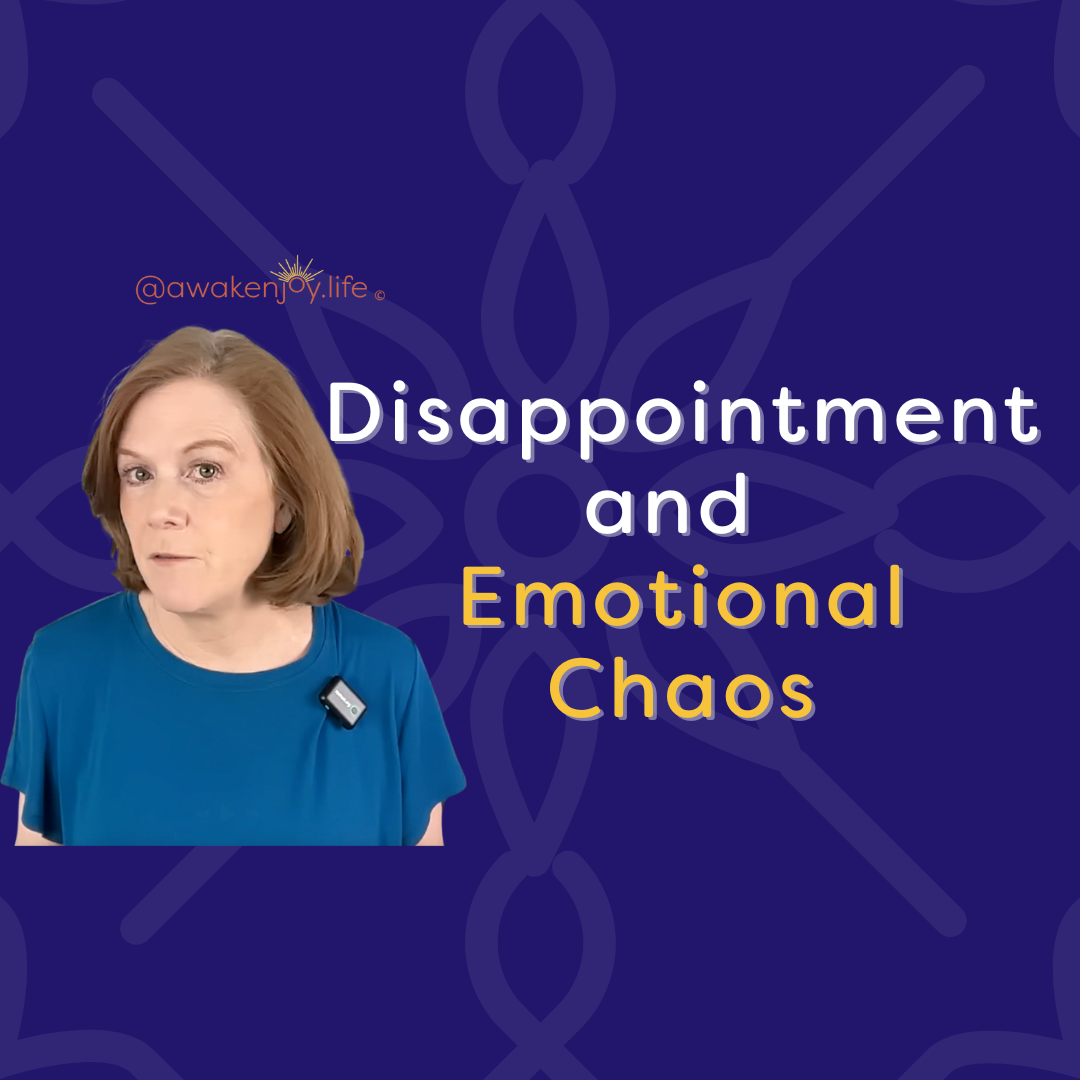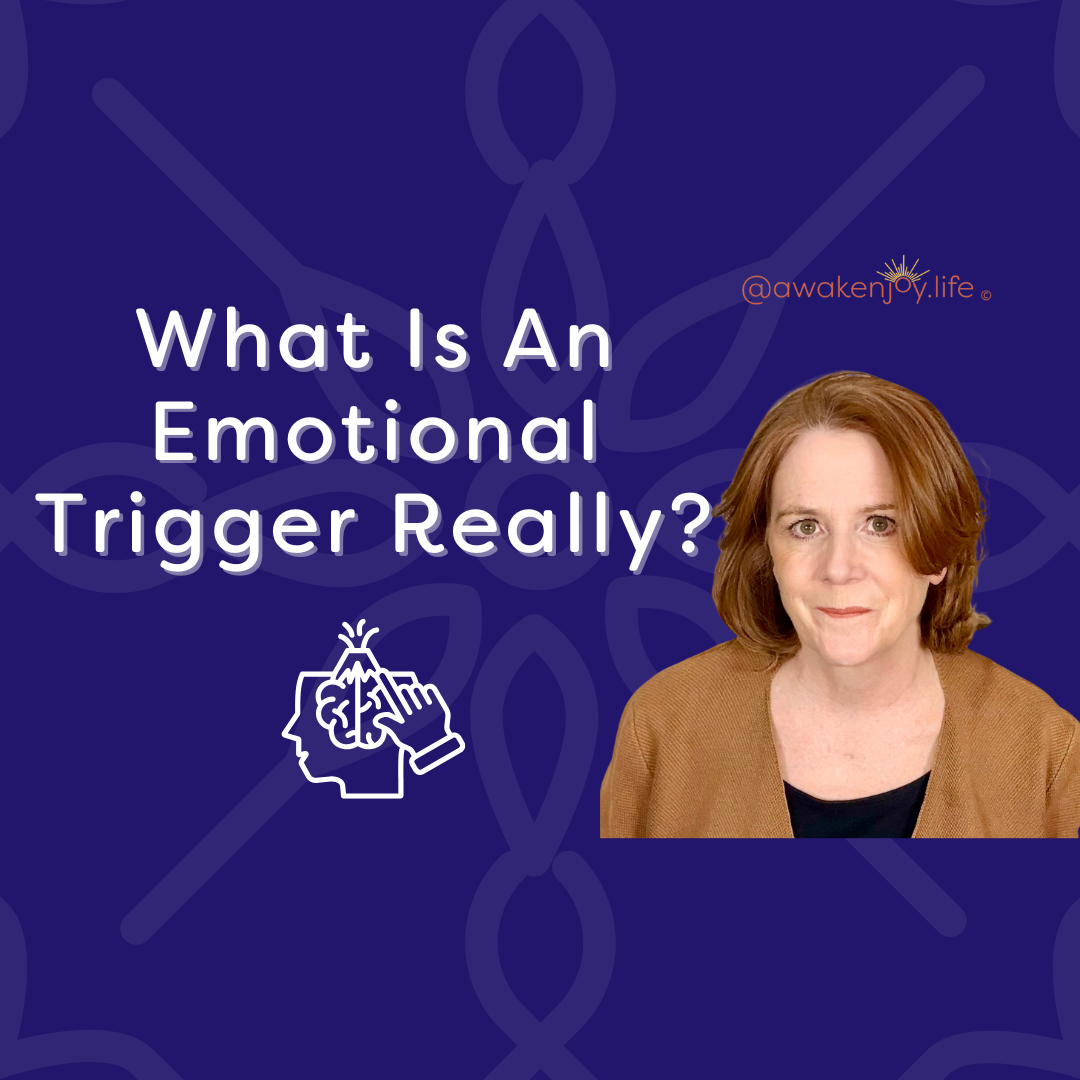Healthy vs Unhealthy Competition: The Psychology of Competition

A healthy attitude towards competition can actually create happiness, whereas an unhealthy attitude towards competition can really make us miserable.
If your self-esteem is based on winning, you'll actually never have good self-esteem. So let's talk about the psychology of competition and what makes healthy competition and what makes unhealthy competition.
Today’s blog will talk about where human competitiveness comes from, what healthy competition looks like and what unhealthy competition looks like, and it will delve into the deeper issues underlying unhealthy competition. An unhealthy sense of competition can make us miserable, and a healthy sense of competition can motivate and inspire us.
Where Does Competitiveness Come From?
Competitiveness is a deeply ingrained trait in all humans in one way or another. It’s an evolutionary trait that helped us survive, both on an individual level and as a species. Competitiveness helped us access the resources we need to live.
Competitiveness can be seen as the striving for resources to survive. The competitiveness to find a mate helped the survival of the species.
Some level of competition has formed every society humans live in. Sometimes that competition can be collaborative and other times it is not at all. If you look at any species, you can observe competitiveness, both collaborative and individualistic.
So this deeply ingrained aspect of human behavior both influences our individual success and happiness, and it also influences societal progress or lack thereof.
Competition as a Major Motivator
Within psychology, competition is seen as a major motivator driving us towards success. It can be driving us there in a way that's healthy for us, which psychologists would call adaptive: adaptive to our environment and to our health and happiness. Or it could be driving us in a way that's maladaptive, both destructive for us and destructive for others in society.
On the positive side, it gives us the drive to train, to improve, to develop new skills. It can even motivate us to collaborate with others so that we can all be more successful. It can lead us to trying to find creative solutions and it can be a driver of innovation.
On the flip side, unhealthy competition can have a number of outcomes. Our competitiveness can cause us to cheat, to be unfair, to disparage those we are competing against. And in those cases, we might even succeed at winning, but we don't actually feel good about ourselves.
Or unhealthy competition could be turned inward in terms of self-criticism leading to depression and unhappiness.
An unhealthy relationship with competition can also lead us to burnout. We can push and push too much until we burn out.
And for some people, they have such a negative concept of competition that they never get in the game. They stay on the sidelines either because they don't feel that they can compete, they don't feel “good enough.” Or they might feel guilty if they do compete and win. Feeling guilty about winning is seeing competition as a zero sum game
What is Healthy Competition VS Unhealthy Competition?
Focus on Process vs Progress:
Healthy competition focuses on the process and the progress that you might make. It may also focus somewhat on the outcome, right? Because that's the goal of whatever activity we're engaged in. But if we are too focused on the outcome, it can end up being unhealthy. If we focus more on the process of how we're going to get there, the enjoyment of the game so to speak, or the enjoyment of the challenge for ourselves, then it can actually be a life enhancing feeling, a life-enhancing drive. But in that healthy view, the outcome is seen as part of the journey, not the entire thing. With an unhealthy sense of competition, the focus is entirely on the outcome because, at essence, there's a feeling that you are not worthwhile if you do not win. So much rides on winning that it's actually like whether you're a worthwhile human being or not. And that's a very painful state to be in.
Someone with an unhealthy sense, the winning will mean more than anything else, and there's that element of feeling worthless if you don't win. And that feeling of feeling worthless if you don't win, that is shame-based.
Abundance Mindset vs. Scarcity Mindset:
A healthy sense of competition has more of an abundance mindset, whereas an unhealthy view will have a scarcity mindset.
An unhealthy view will be like, “yep, zero sum, there's either a winner or a loser.” And while that might be true within the specific game or competition, a healthy attitude will have a broader perspective.
People who have a healthy attitude towards competition might feel like, “yep, this game, there's a winner or a loser or this race, there's a number one and number two and number three, but it's not the be-all and end-all. Because if I end up number five this time, what is it I need to emulate to do better next time?”
There's the perspective that the world is vast. There is a sense that there are a lot of people in the world, and while we might be comparing our success or failure to this specific group, there is a much broader universe out there. In a broad sense, our individual success is not dependent on somebody else losing.
And I think something else that comes into a healthy attitude towards competition is the knowledge that we all have different advantages and disadvantages. Luck plays a role a lot of the time. There's so many different factors that impact our performance in anything.
And in this blog, I'm not only talking about sports or business. This impacts many aspects of our lives: our friendships, our creativity, our family relationships. All of these things are very complex and multifaceted and a healthy sense of competition will bring that in. Someone with a healthy attitude towards competition will really look at it as if they're unlocking their own potential. How do I unlock my potential and maximize it?
Growth Mindset vs Fixed Mindset:
A healthy attitude towards competition has a growth mindset. That's the mindset of “I can improve, I can take on things, I can do things to improve.”
A fixed mindset says “I either have the skill or don't. I either am a great singer or I'm not a singer at all.” A fixed mindset does not bring in our incredible ability to learn and change and adapt. A growth mindset does.
Attitude towards others who win:
Someone who has a healthy attitude towards competition can actually feel joy in somebody else's success. I know that might sound like a leap, but it is possible, and it is definitely possible to feel admiration. You can admire somebody who performs incredibly well in a particular area.
An unhealthy attitude towards competition ends up in a lot of envy and bitterness.
Honoring Values:
Healthy competition honors the values of both sides of the competition. If you are competing in a particular way, there's a value set under that, and healthy competitors will honor that value system. Unhealthy competition does not honor it.
An example is in sports where people might dope so that they can compete better. It's cheating, right? It's not honoring the values and the rules and the setup of the competition.
Concept #1 Family Dynamics:
We develop our attitude towards competition largely from our family dynamics. Now obviously, it is also impacted by our society and personal experiences, but those core family dynamics really drive it.
So if we had a model of somebody who competed in a very unhealthy way, it probably made us feel terrible when we were little. We learned certain things, such as its a zero sum game. You're either on top or you're on the bottom. This scarcity mindset can come from watching how our parents or caregivers interact with the world, but it can also come with our relationship with our siblings. Siblings can end up being very competitive with each other if there's a feeling that there's not quite enough attention and love to go around. Because if there is not enough, if my sibling gets it, I don't get it.
And if one grew up in a house with limited parental attention, that dynamic can impact you for a long time. So it's worth exploring your family dynamics. What did you learn about competition? Do you believe the beliefs of the family system about competition? Are these beliefs helping you be happy or not happy?
Concept #2 Comparisonitis:
Constantly comparing yourself to others has been directly tied in a considerable amount of research to unhappiness. Those people who really focus on comparing themselves to others, called “being sensitive to social comparisons” by psychologists, are less happy than others, Most people compare themselves a little bit, but it's not a continual focus, nor the main focus. And I do have an entire video on comparisonitis, which I can link here.
If you fall into this trap, it might be worth trying to step back, bring in more of the bigger picture perspective and understanding we are all different, we have all had different advantages and disadvantages and different life experiences. Comparing is really not all that valid and it does not need to be that meaningful.
Concept #3 Negative Core Beliefs Developed in Childhood:
If we grew up in an atmosphere where we had to achieve to receive love or attention, we will develop a feeling that we are only worthwhile if we achieve. When we don't win, we will truly feel like we have no worth.
This concept of negative core belief is utilized in a lot of different theories of therapy. In particular, it is utilized in cognitive behavioral therapy and EMDR. I was EMDR trained, and I found it to be an incredibly useful way to help people recover from these early beliefs. In my 20 years of working with people as a psychotherapist, I found that most people have between two and three core negative core beliefs that underlie almost all the difficulties in their lives. So I did develop a free PDF called
. It helps you walk through the steps to identify what those beliefs might be for you, and then it helps you come up with a positive adaptive alternative, not a pie in the sky, incredible positive, not an affirmation, but a really adaptive, reasonable positive belief that you truly can believe and it gives you a few ways to get there.
And whether you do that work with this PDF or with a therapist or in some other way, healing that negative core belief is really what will improve your life.
Let me know what you think about this blog by commenting below. Let me know what you think about competition. Where is it healthy for you and where is it unhealthy?
Blog Author: Barbara Heffernan, LCSW, MBA. Barbara is a licensed psychotherapist and specialist in anxiety, trauma, and healthy boundaries. She had a private practice in Connecticut for twenty years before starting her popular YouTube channel designed to help people around the world live a more joyful life. Barbara has a BA from Yale University, an MBA from Columbia University and an MSW from SCSU. More info on Barbara can be found on her bio page.
Share this with someone who can benefit from this blog!
